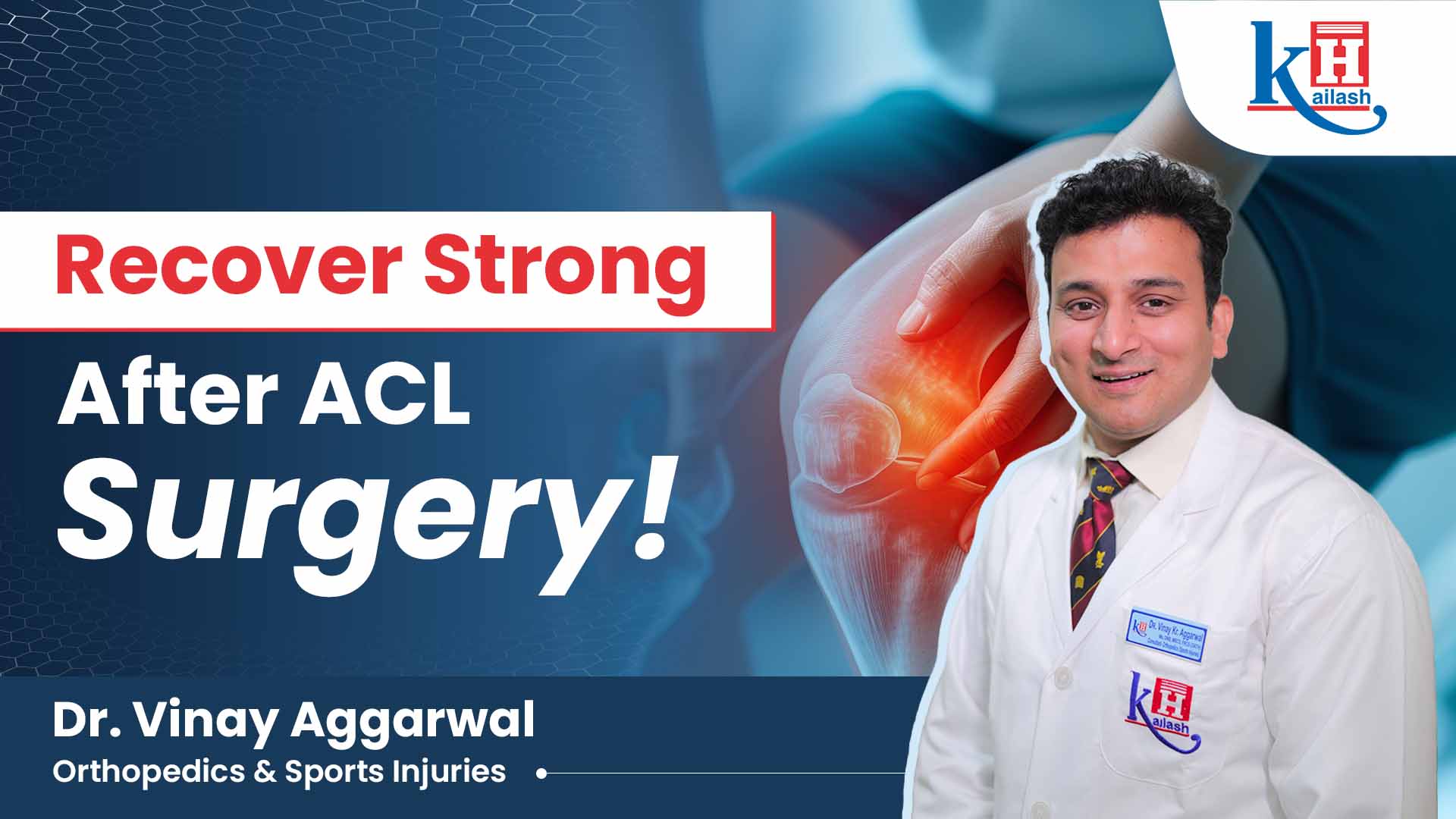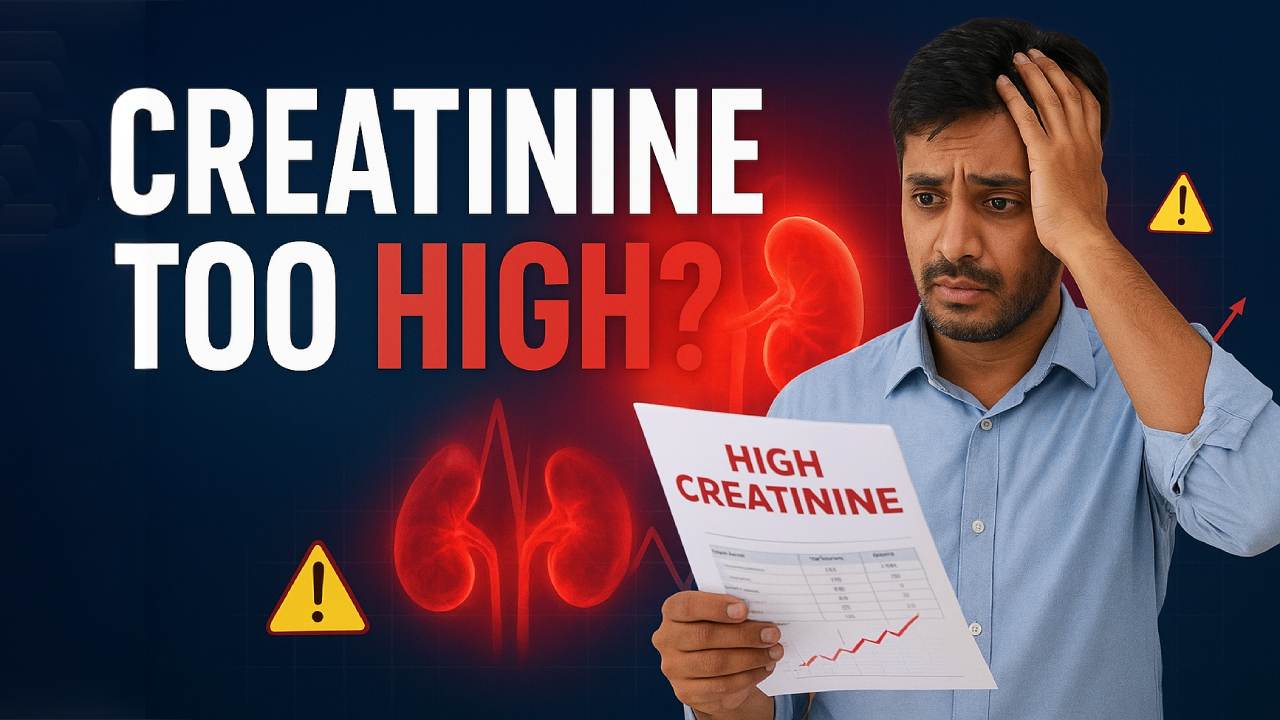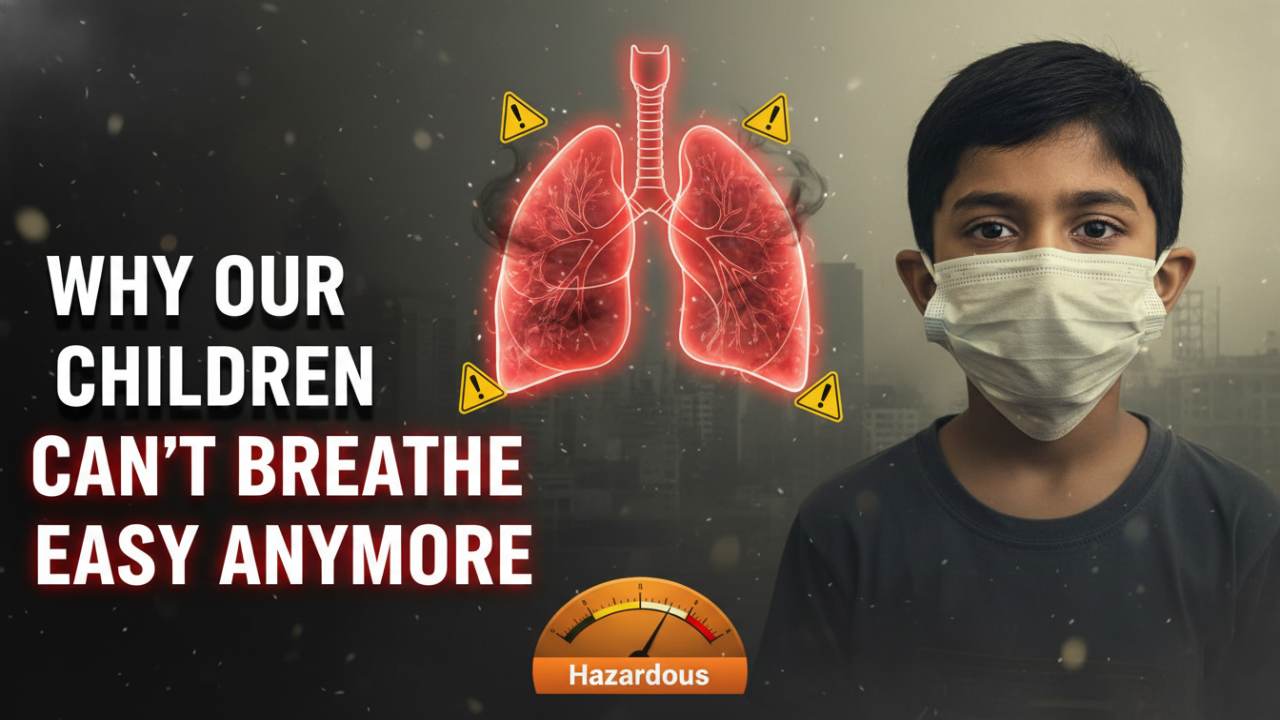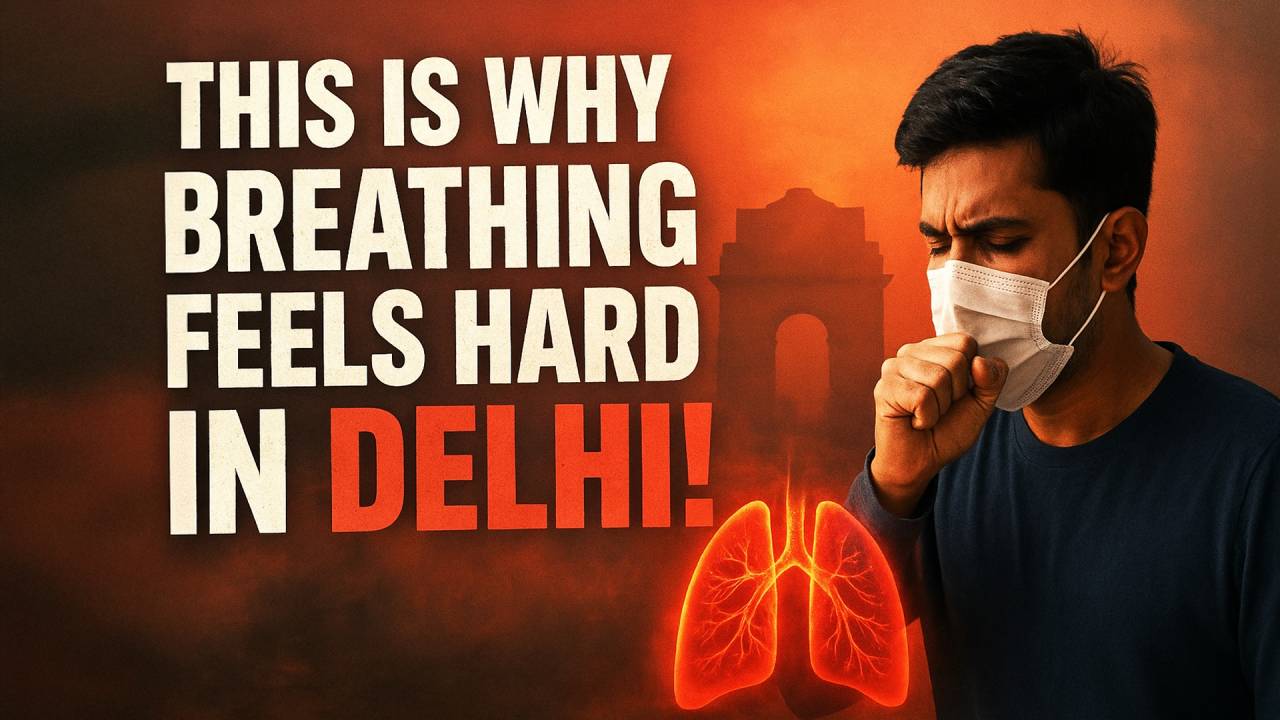A Ray of Hope: Understanding IVF with Dr. Monika, IVF Specialist at Kailash IVF
Verified By Dr. Monika Gupta | 12-May-2025
For many couples, the road to parenthood is not always straightforward. Amidst growing lifestyle stressors, delayed childbearing, and medical complications, infertility has become a rising concern in India. Thankfully, modern reproductive medicine—especially In Vitro Fertilization (IVF)—offers new possibilities.
To explore who should consider fertility and IVF services, we sat down for an insightful conversation with Dr. Monika, IVF Specialist at Kailash IVF, a centre known for its ethical, affordable, and patient-first approach.
Q: Dr. Monika, let’s start with the basics—how do you define infertility, and when should a couple seek help?
"Infertility," Dr. Monika explains, "is generally defined as the inability to conceive after 12 months of regular, unprotected intercourse. But for women above 35, we advise seeking help after just six months, since age significantly affects fertility."
She adds, “If a couple has been trying for over a year without success, or if the woman has conditions like PCOS or endometriosis, or the male partner has known issues like low sperm count, it's time to see a fertility specialist. Early intervention can make a big difference.”
Q: Who should ideally consider fertility evaluation and treatment?
“Any couple struggling to conceive naturally should consider a fertility evaluation,” says Dr. Monika.
She elaborates with examples: “Take a young woman with regular periods who hasn't conceived in a year, or a woman over 35 trying for six months—both should come in. Likewise, women with irregular cycles or a history of hormonal imbalance, and men with sperm-related issues should also get checked.”
Even couples who have experienced multiple miscarriages or those undergoing treatments like chemotherapy are candidates. “And today,” she adds, “we’re seeing more single parents and same-sex couples turning to IVF to build their families. Fertility care is for anyone who dreams of becoming a parent.”
Q: Can you break down what IVF actually involves, and when is it recommended?
“IVF,” Dr. Monika explains, “is a process where we retrieve a woman’s eggs, fertilize them with sperm in our lab, and then place the resulting embryo into the uterus.”
It’s often the go-to treatment when simpler options like ovulation induction or IUI haven’t worked. “We typically recommend IVF,” she says, “in cases like blocked fallopian tubes, severe male infertility, low egg quality, or unexplained infertility. Also, couples who need donor sperm, donor eggs, or want to screen embryos for genetic conditions should consider IVF.”
She assures, “The success rates are quite encouraging—especially when IVF is started early.”
Q: Could you walk us through the IVF process, step-by-step? What should a couple expect?
Dr. Monika smiles and says, “Of course! It’s a structured yet personalized journey.” She explains that the process typically begins with a detailed consultation where the couple’s medical history is reviewed, essential blood tests and imaging are conducted, and fertility goals are clearly discussed.
“This is followed by ovarian stimulation,” she says, “where the woman takes hormone injections for about 10 to 12 days to produce multiple eggs.” The response to these medications is closely monitored through regular ultrasounds and blood work to track follicular development.
Once the eggs are ready, they are retrieved through a minor procedure performed under sedation. “It’s a short and painless step,” she reassures. On the same day, the male partner provides a semen sample—or a donor sample is used, depending on the case.
“In our lab, we fertilize the eggs with the sperm and monitor embryo development very carefully,” she continues. After a few days, the best-quality embryo is selected and transferred into the woman’s uterus. “Finally,” she says, “about two weeks later, we do a blood test to check for pregnancy.”
Throughout this entire process, Dr. Monika emphasizes that the team at Kailash IVF provides both emotional and medical support. “We’re here for our patients every step of the way,” she adds warmly.
Q: Is IVF more suitable for older women or younger women?
“It can help both,” she says thoughtfully. “But younger women usually have better egg quality, which improves success rates. Women under 35 often have higher success in the first cycle itself.”
For women above 40, Dr. Monika adds, “IVF is still very much an option, especially if we use donor eggs. What’s important is not to delay evaluation. Age is a critical factor.”
Q: How much does lifestyle impact fertility? And do you advise couples to make changes before IVF?
“Lifestyle plays a huge role,” Dr. Monika emphasizes. “Smoking, alcohol, poor diet, stress, obesity—all of these can impact fertility, both in men and women.”
She usually advises couples to “maintain a healthy weight, follow a balanced diet, avoid harmful substances, and manage stress through yoga or meditation.”
“It’s a team effort,” she adds. “Both partners need to be physically and emotionally prepared to boost their chances.”
Q: What makes Kailash IVF different from other fertility centres?
“At Kailash IVF,” she says proudly, “we combine advanced technology with human touch.”
She lists key strengths: “We have an experienced team of fertility experts, embryologists, and counselors. Our lab is equipped with the latest equipment for embryo freezing and genetic testing. But most importantly, we create individualized protocols—we don't believe in a one-size-fits-all approach.”
“Our success rates are excellent, especially among younger patients. But even beyond statistics, it’s the care we offer—our patients feel supported, respected, and heard.”
Q: There are many misconceptions around IVF. Would you like to address a few?
Dr. Monika nods. “Yes, there’s a lot of misinformation out there. For instance, people often think IVF always results in twins or triplets. That’s no longer the case. We usually transfer a single embryo to avoid multiple pregnancies.”
Another myth she highlights: “That IVF babies aren’t normal. That’s absolutely untrue. IVF babies are just as healthy as those conceived naturally.”
“And some believe it’s only for the rich. But today, we offer affordable packages starting from ₹1 Lakh, including injections. Our goal is to make this accessible.”
Q: How important is emotional health during IVF treatment?
“Extremely important,” she says with emphasis. “The journey can be emotionally exhausting, filled with hope, anxiety, and sometimes disappointment.”
“We provide counseling and encourage couples to talk openly with each other. Emotional strength often determines how well a couple navigates IVF.”
Q: Lastly, what would be your message to couples struggling with infertility?
With compassion in her voice, Dr. Monika says, “Please don’t lose hope. Infertility is not a dead end. Thanks to modern medicine, many paths to parenthood exist.”
She adds, “Start early. Don’t delay seeking help. And remember, you’re not alone—we are here to support you every step of the way.”
Final Thoughts
Dr. Monika’s insights shed light not just on the science behind fertility care, but the heart behind it. At Kailash IVF, couples find more than just treatment—they find compassion, clarity, and a real chance at building the family they’ve always dreamed of.
If you or someone you know is struggling with fertility challenges, consider reaching out to Kailash IVF—where science meets care, and every hopeful heart matters.
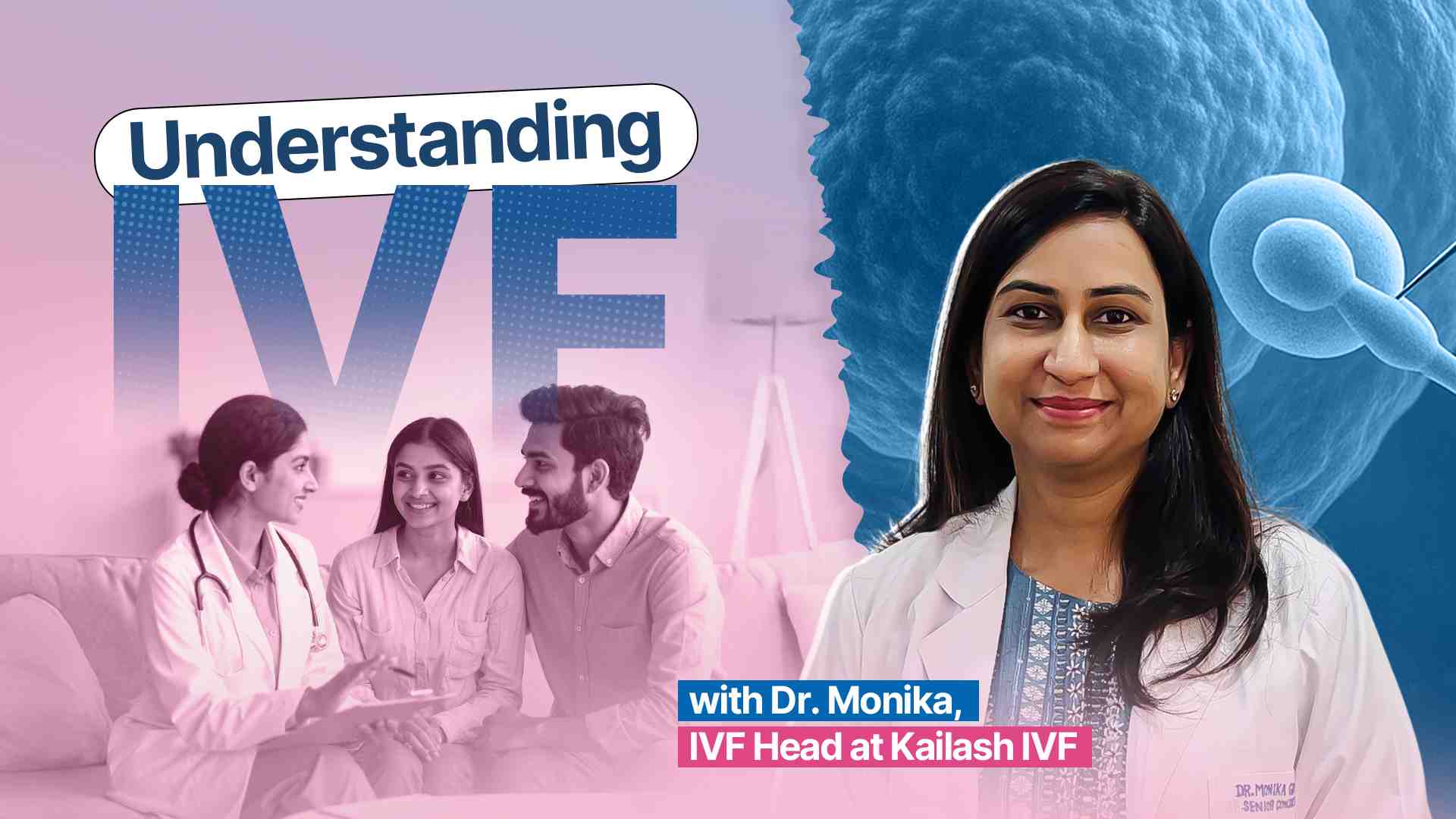
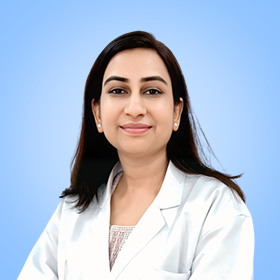

 +91-9711918451
+91-9711918451
 international.marketing@kailashhealthcare.com
international.marketing@kailashhealthcare.com

